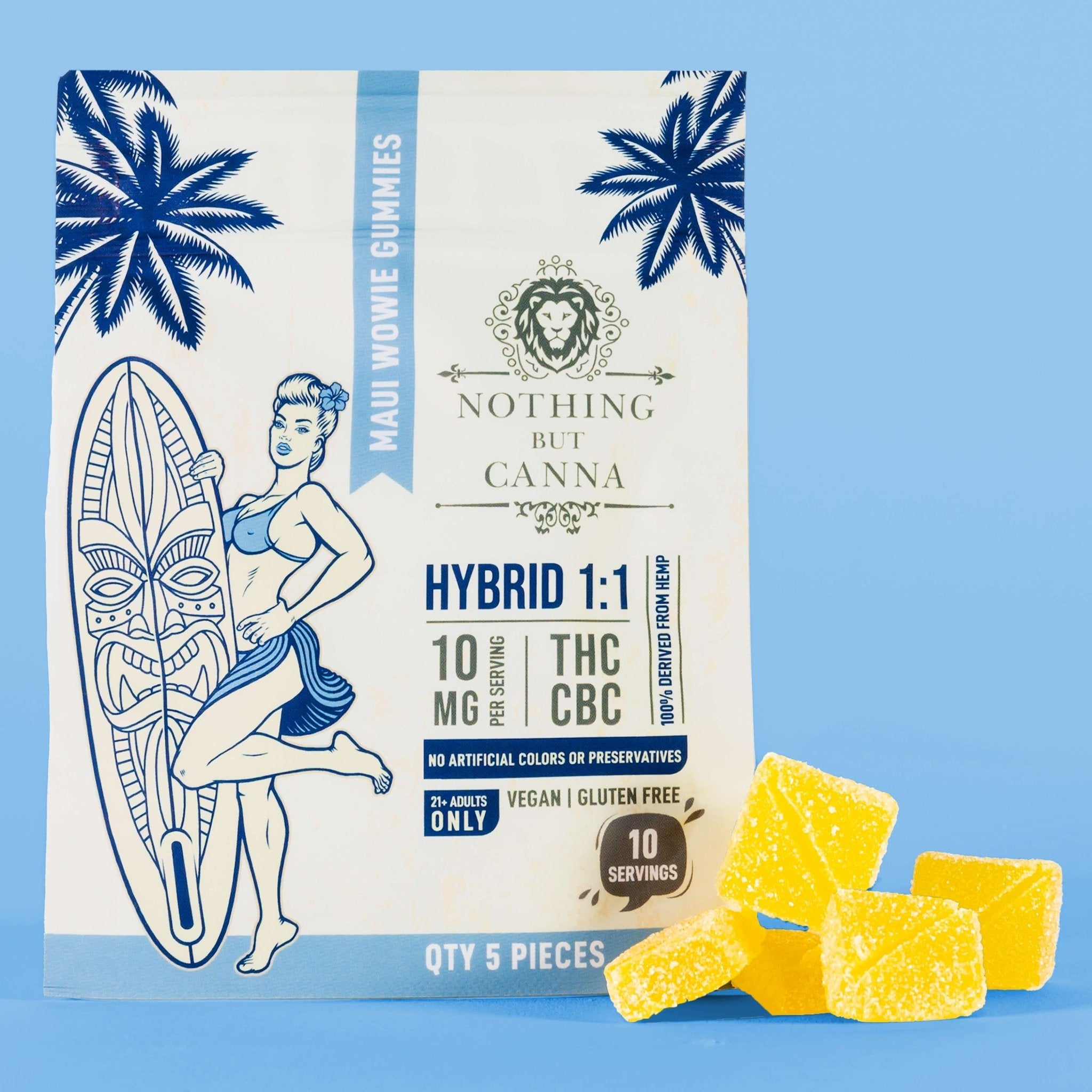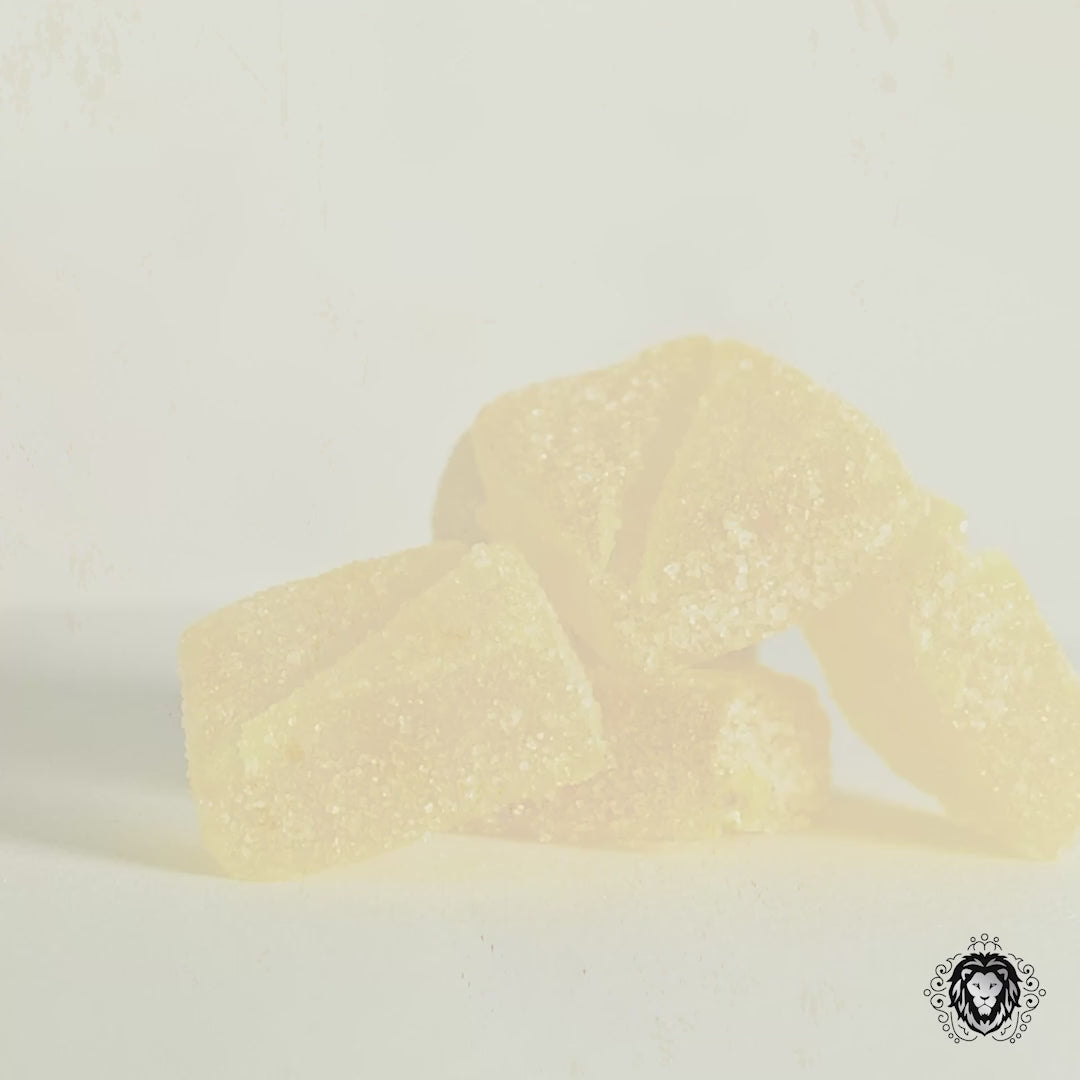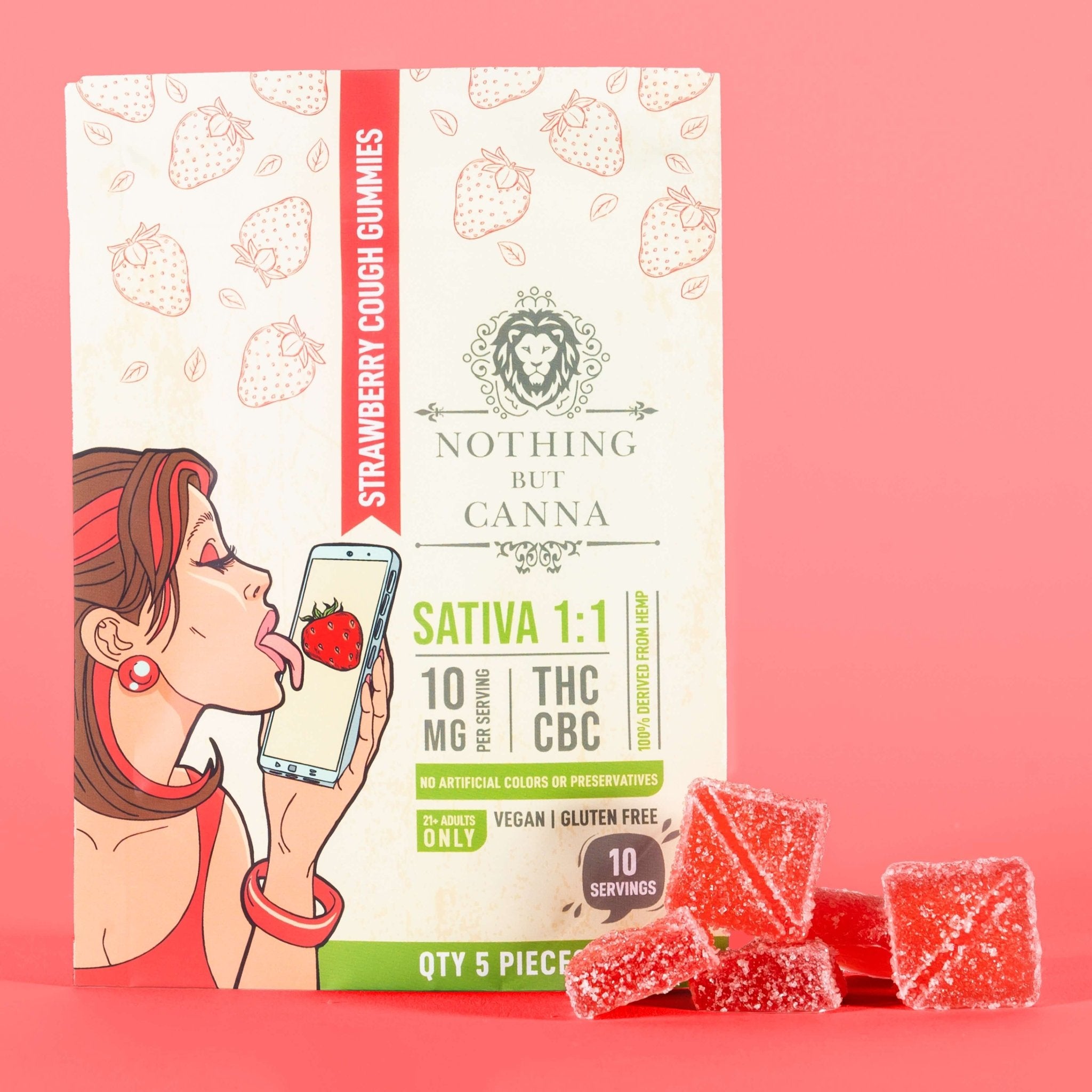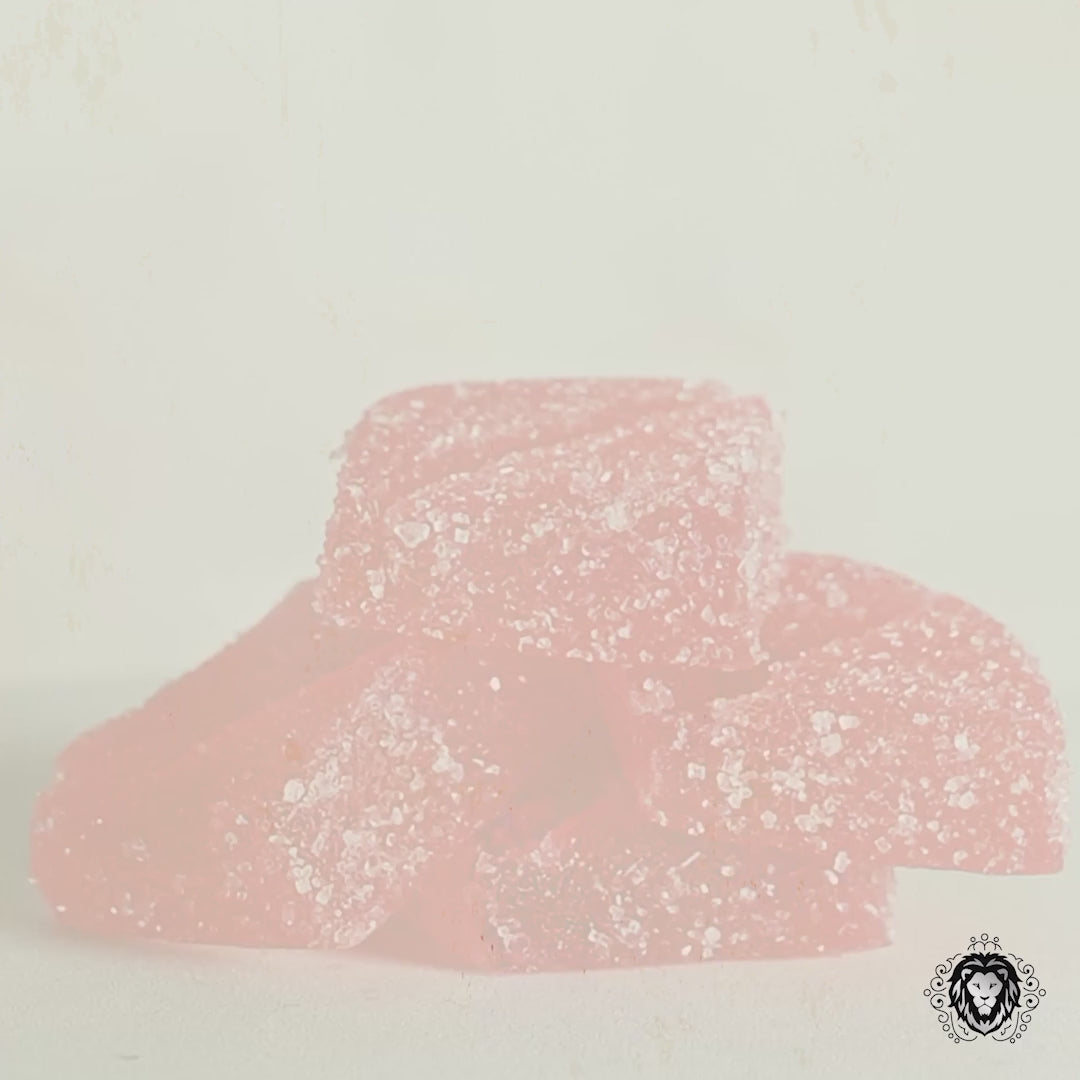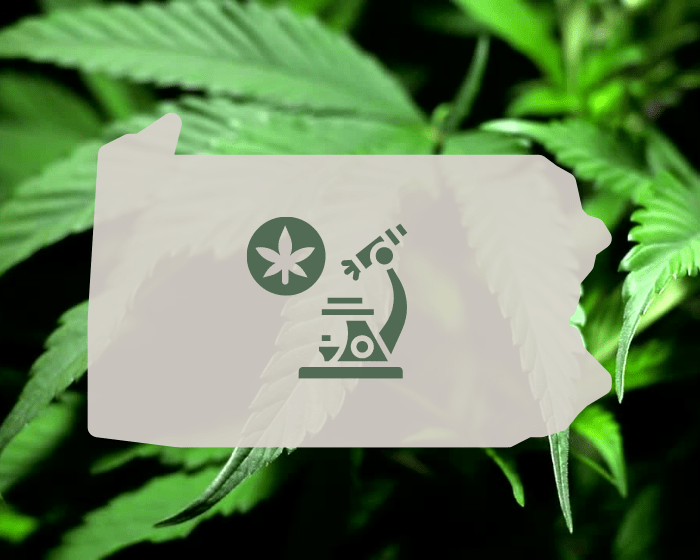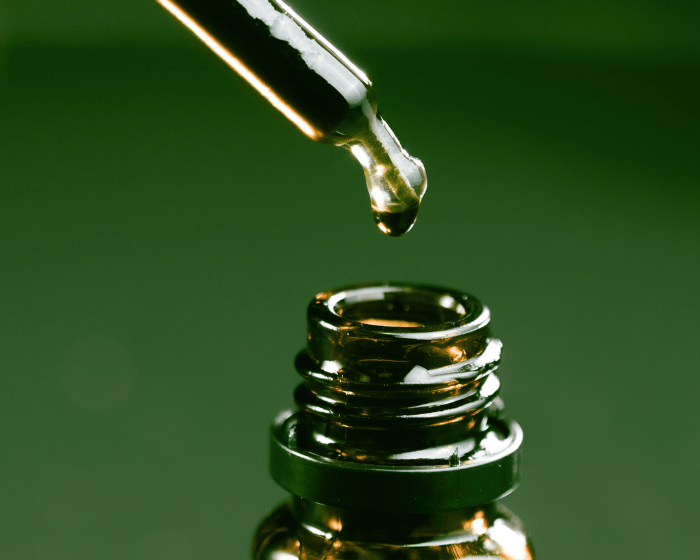
A federal court of appeals upheld the legality of hemp-derived delta-8 THC on May 19, not as part of a drug enforcement case but a lawsuit over copyright infringement.
The initial suit was brought by a company called AK Futures, which sells delta-8 vapes under the brand name Cake. AK Futures sued a packaging supply store, Boyd Street Distro, for trademark and copyright infringement, saying Boyd Street was selling counterfeit versions of Cake-branded e-cigarettes and vapes.
As part of the suit, AK Futures requested a pre-trial court order to stop Boyd Street from selling the allegedly-counterfeit products, and a US District Court in California granted the order.
Appealing the pre-trial injunction, Boyd Street didn’t contest the district court’s conclusion that it was selling counterfeit Cake products. Instead, it argued that AK Futures couldn’t own a valid trademark for these products because federal law forbids the possession and sale of delta-8 THC. (Boyd Street Distro also said it was selling the products on consignment, was not aware they were inauthentic and had no plans to sell them going forward.)
AK Futures responded that its delta-8 THC products were legal under the 2018 Agriculture Improvement Act, often referred to as the Farm Bill.
Appealing the pre-trial court order, Boyd Street didn’t contest the district court’s conclusion that it was selling counterfeit Cake products. Instead, it argued that AK Futures couldn’t own a valid trademark for these products because federal law forbids the possession and sale of delta-8 THC.
Delta-8 and the 2018 Farm Bill
Delta-8 THC is similar in both molecular structure and psychotropic effect to the most well-known THC isomer, delta-9. Although cannabis plants produce delta-8 in small amounts, the products on store shelves are typically extracted from hemp as CBD and converted to THC in a chemical process.
Delta-8 products are widely accepted as federally legal under the 2018 Farm Bill.
Why?
Once signed into law, the 2018 Farm Act legalized possession and cultivation of hemp. To make a clear distinction between hemp and “marihuana,” lawmakers set a 0.3 percent limit explicitly on the concentration of delta-9 THC.
As defined by the act, “The term ‘hemp’ means the plant Cannabis sativa L. and any part of that plant, including the seeds thereof and all derivatives, extracts, cannabinoids, isomers, acids, salts, and salts of isomers, whether growing or not, with a delta-9 [THC] concentration of not more than 0.3 percent on a dry weight basis.”
As this lawsuit demonstrates, however, the question of whether delta-8 is legal remains contentious.
The Ruling
The US Court of Appeals for the Ninth Circuit ruled that the district court had properly issued its preliminary injunction, siding with AK Futures’ ability to hold copyright for delta-8 products. The ruling notes that “this conclusion is necessarily tentative given the nature of preliminary relief.”
“If Congress inadvertently created a loophole legalizing vaping products containing delta-8 THC, then it is for Congress to fix its mistake.”
— Judge D. Michael Fisher, US Court of Appeals for the Ninth Circuit
The three-judge panel found that “the delta-8 THC in AK Futures’ e-cigarette liquid appears to fit comfortably within the statutory definition of ‘hemp’ — i.e., the liquid is properly understood as a derivative, extract, or cannabinoid originating from the cannabis plant and containing ‘not more than 0.3 percent’ delta-9 THC.”
They added: “Plain statutory text compels the conclusion that AK Futures’ products are lawful, and we see no other reason to deny a preliminary injunction.”
Judge D. Michael Fisher, who wrote the opinion for the unanimous ruling, noted that the Drug Enforcement Agency’s view of the Farm Act aligns with the court’s interpretation.
“The [Farm] Act is silent with regard to delta-8 THC,” Fisher wrote. “… Any congressional intent that the Farm Act legalize only industrial hemp, not a potentially psychoactive substance like delta-8 THC, appears neither in hemp’s definition nor in its exemption from the Controlled Substances Act.”
If federal lawmakers had inadvertently legalized psychotropic hemp products with the 2018 Farm Bill, the judges ruled, it would be up to Congress to change the law.
“Regardless of the wisdom of legalizing delta-8 THC products, this Court will not substitute its own policy judgment for that of Congress,” wrote Fisher. “If Boyd Street is correct, and Congress inadvertently created a loophole legalizing vaping products containing delta-8 THC, then it is for Congress to fix its mistake.”

































